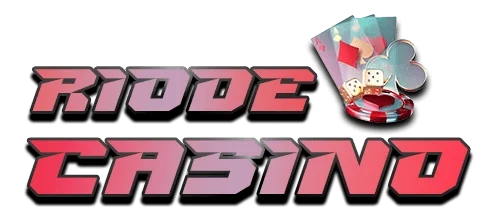While the PlayStation Portable may not always be the first console mentioned in conversations tiger298 about gaming’s best systems, those who owned one know just how groundbreaking it really was. Launched in 2004, the PSP brought console-quality graphics and deep gameplay to a portable format at a time when handheld gaming was still considered casual. The system’s success didn’t lie just in its specs, but in the quality of its software. The best PSP games weren’t just great for a handheld—they were great, period.
One of the most beloved entries on the PSP was God of War: Chains of Olympus, a game that captured the same cinematic intensity and brutal combat of its console counterparts. The game was beautifully crafted and featured an emotionally compelling story that fit seamlessly into the series’ lore. Another standout was Crisis Core: Final Fantasy VII, which added depth and humanity to a character that had once been shrouded in mystery. These titles weren’t simple spin-offs—they were rich, fully realized experiences.
Another area where the PSP excelled was in multiplayer gaming. Monster Hunter Freedom Unite became a cultural phenomenon, especially in Japan, with players gathering in person to tackle some of the most challenging battles seen on a portable device. The game demanded strategy, skill, and teamwork, and its community-driven approach helped it become one of the most played games on the system. Its success laid the groundwork for future multiplayer-centric games on handheld and hybrid consoles.
What made the PSP’s library so memorable was its diversity. Quirky rhythm games like Patapon, innovative platformers like LocoRoco, and classic RPGs like Tactics Ogre: Let Us Cling Together showcased the system’s wide range of genres. These games were imaginative, polished, and endlessly replayable. The PSP might not have had the longevity of a home console, but its impact—and the quality of its best games—continues to resonate with fans who appreciate ambition in portable gaming.
